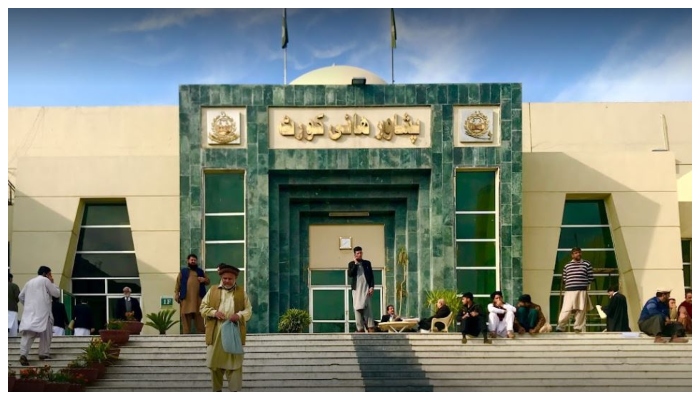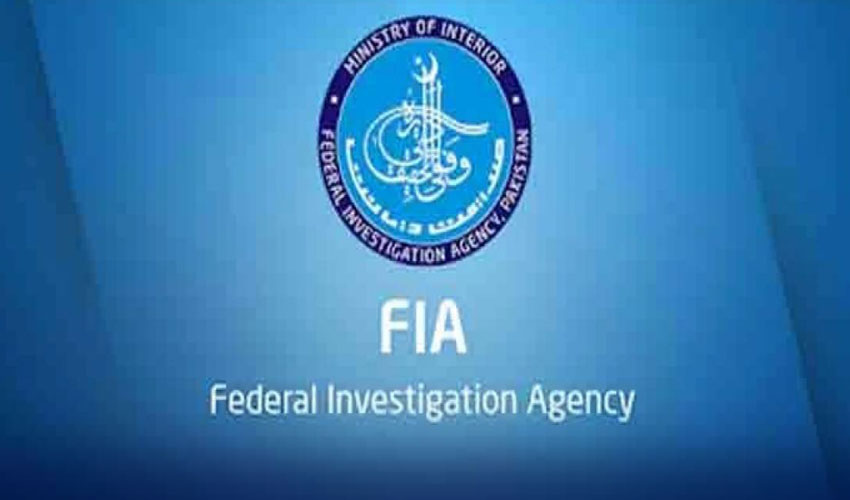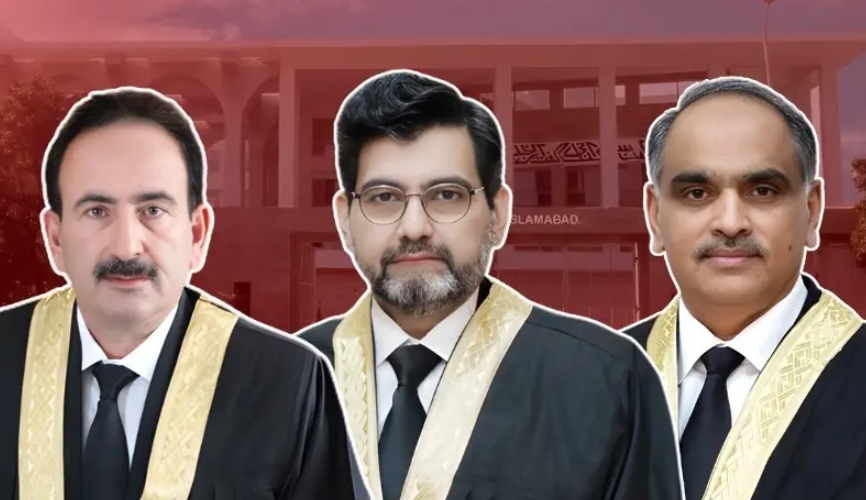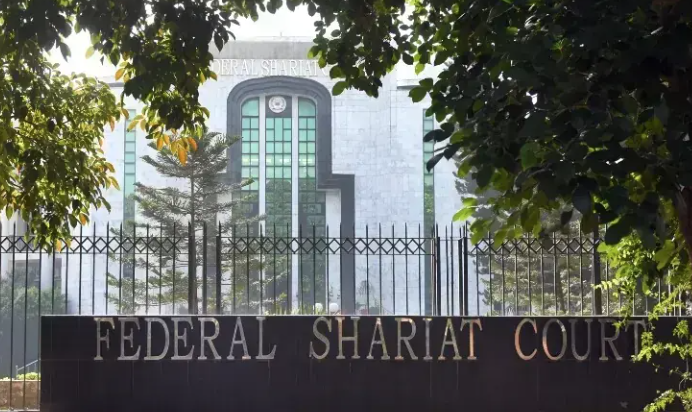LEGAL
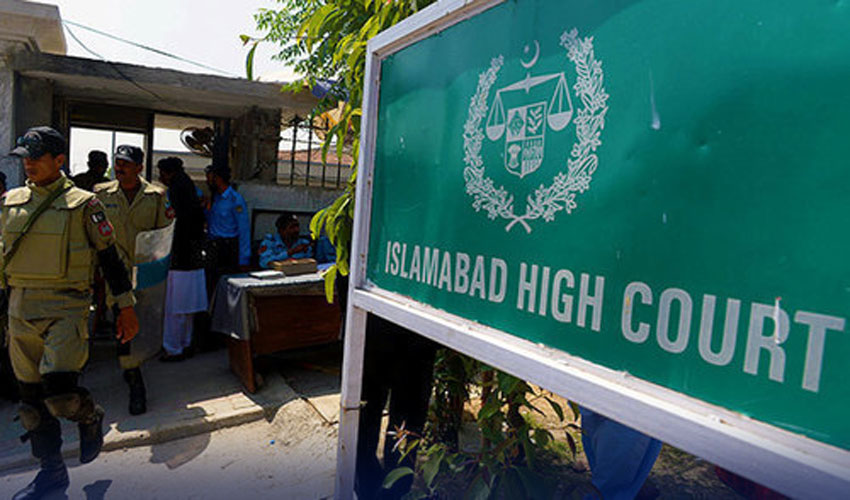
The Islamabad High Court has taken strict action against the Higher Education Commission (HEC) for its negligence in handling a scholarship program, following the revelation of a forgery case involving a PhD scholar. The case has prompted the court to issue a comprehensive judgment, calling for urgent reforms to tighten the conditions of the scholarship program and prevent further fraud.
In a twelve-page decision, Justice Mohsin Akhtar Kayani highlighted the fraudulent actions of Imran Taj, a PhD scholar who applied for a scholarship in 2005 to study in France. As per the terms of the scholarship, Taj had committed to returning to Pakistan after completing his studies, but he failed to do so. Additionally, his guarantor, Abdul Waheed, provided property documents as a guarantee but later claimed that his signature had been forged.
The court noted that the trial court had failed to verify the authenticity of the signatures, which led to further complications in the case. An investigation by the Federal Investigation Agency (FIA) revealed discrepancies between the signature of the guarantor and the one on the document, leading the court to criticize the HEC's oversight.
In light of the findings, the court issued several significant directives to the HEC. It restrained the commission from collecting Rs 25 million from the guarantor, who was initially held liable for Taj's failure to return. The court also ordered the introduction of new guidelines for the scholarship program, which would require guarantees to be registered with the sub-registrar of the concerned district. Furthermore, photographs of the guarantor and witnesses must be included in the documents for added transparency.
The HEC has also been directed to maintain meticulous records of all scholarship-related expenditures and to establish a mediation system to resolve disputes efficiently. The court's decision aims to ensure that similar incidents do not occur in the future and that scholarship programs are managed with greater accountability and integrity.
These reforms come at a time when public trust in educational institutions and scholarship programs has been under scrutiny. The Islamabad High Court’s ruling emphasizes the need for enhanced transparency and strict oversight to prevent the misuse of government-funded opportunities.
